Cramer: Welcome to Grafton, Where Your Trade War Is Hurting North Dakotans.
(BISMARCK, ND) – Before Congressman Kevin Cramer’s trade town hall in Grafton, the county paper published an editorial highlighting how the trade war is hurting North Dakota’s farmers, ranchers, and manufacturers – and how the $12 billion bailout “bandage” isn’t what they need. We bet Cramer will hear more about this today – we hope he’ll listen rather than again dismiss their concerns as “hysteria.” Remember, North Dakotans are waiting for him to finally stand up for them.
Walsh County Record Editorial: Farmer Welfare Falls Short.
- “Our farmers, our producers, they don’t want bailouts,” Simon Wilson, executive director of the North Dakota Trade Office, told CNBC’s “Closing Bell” on Tuesday. “They don’t want this help in the short term. They want long-term stability.”
- North Dakota, and specifically Grafton, are highly dependent on the success of area farmers. This $12 billion plan is that of a social economy, perhaps even reminiscent of a Soviet economy. Soybean prices have dropped almost 20 percent since April when China announced a 25 percent tariff on U.S. soybeans. That means farmers are getting lower prices for goods and are not making enough to cover bills… When government gets involved in the market at that degree, it is disruptive and the agriculture market may never recover.
- The emergency aid program is pointedly timed to possibly help Republicans in midterm elections. Many of the states that supported Trump in the 2016 president election, like Iowa, Nebraska, Kansas, Texas, North Dakota and South Dakota, have been impacted by the punitive tariffs from China and other countries.
AgWeek Editorial: Trump trade aid just a bandage.
- Agriculture has become collateral damage for the ongoing trade war, which some experts predict could last another year.
- No one wins in a trade war, even when you try to fix it with a bandage. So, the $12-billion trade compensation package falls short of helping farmers at a time when they need markets and higher commodity prices after five years of a depressed farm economy.
- Many in agriculture have labored for decades to develop and expand international markets for their products. It has taken millions of dollars and countless hours to build relationships that have led to U.S. sales… The trade war has dismantled those years of work in just a few weeks. What dollar amount can be put on those future losses?
- A $12 billion bandage for a wound of his making is still a bandage. Now, with congressional elections nearing, Trump wants us to focus on the bandage. Far better, we think, if he would focus on the wound.
- Many farmers have questioned how market losses can be assessed equitably since some farmers sold crop ahead while others didn’t. They also are questioning if these payments will be adequate if the soybean market continues to stay depressed.
- Soybean farmers aren’t the only ones hurt by the trade war. It has impacted the dairy, cotton, corn, wheat, sorghum and pork sectors.
- While a trade compensation package on the surface may seem like a positive move by the Trump administration, it will be too little too late for many farmers who are financially strapped after five years of low commodity prices. These farmers will become casualties of the trade war and won’t be around to see the great outcome Trump is promising.
Reminder: While Ag Secretary Sonny Perdue said the $12 billion government bailout is “obviously… not going to make farmers whole,” Cramer claimed farmers may not “need all 12 billion [in trade aid], if we need any of it.”
###

